Toddler Emotions
12 minute read, Written By: Momly
How to handle your toddler’s emotions?
Do you feel challenged when your toddler throws tantrums? Do you know a tantrum is a form of expression? How do you help your kid convey their big feelings? What are the ways to soften their big feelings and help them gain a sense of control?We have answers to all your queries. Momly hosted a live parenting workshop with renowned Child Psychologist and Play Therapist Ruchi Thakkar. In the interactive workshop, Ruchi discussed toddlers’ emotions and tactfully spun some great ideas to deal with child psychology. We have documented some of her brilliant tips which will come in handy for you to control your kid’s emotions. Kids convey their emotions like anger and irritability through tantrums. Unfortunately, the tantrums become so unmanageable sometimes that they blur the feelings and emotions in the process. Also, the whole experience is overwhelming for kids as well as parents, making parents flip their lids and lose their temper, causing them to engage in scolding, spanking or screaming, etc. Parents along with kids become vulnerable to the situation and do not understand how to tackle their kids’ ‘big feelings.’
Let’s understand the ‘Big feelings’
Kids often get waylaid by different baby emotions. Most of the emotions they hold are strong and intense. Anger is one such emotion. Do you know anger is just the tip of the iceberg? What you don’t see are emotions like fear, anguish, anxiety, or worry tucked beneath anger. These emotions are collectively known as Big Feelings. Unfortunately, kids do not have a proper vocabulary to convey their big feelings or make their desires known. The decision-making part of the brain called the prefrontal cortex is not developed in toddlers. They don’t understand the logic in their actions nor think about the consequences. Hence, instead of proper language as well as logic, what comes out is anger or a tantrum. Anger is a mask that kids wear.
What you don’t see are emotions like fear, anguish, anxiety, or worry tucked beneath anger. These emotions are collectively known as Big Feelings.
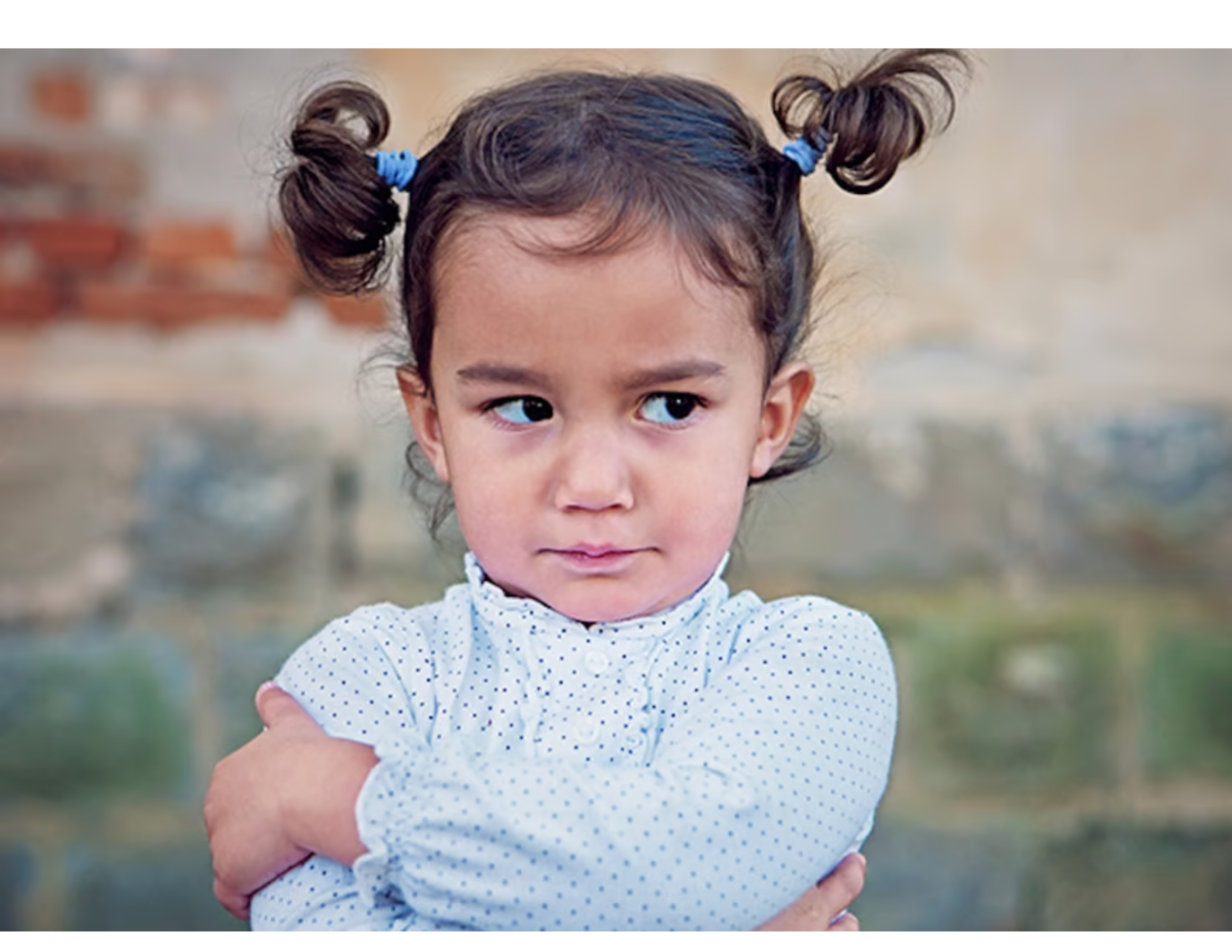
Are tantrums ‘bad’?
Temper tantrums are normal. It is a way of growing up. Once they attain a sense of maturity to understand the logic in their actions, the temper tantrums will stop. Kids are born with different temperaments. Some are born leaders; some have a scared mindset. Regardless of it, all kids throw a fit at some point in time. The severity of the tantrum and the frequency differ from one kid to another.
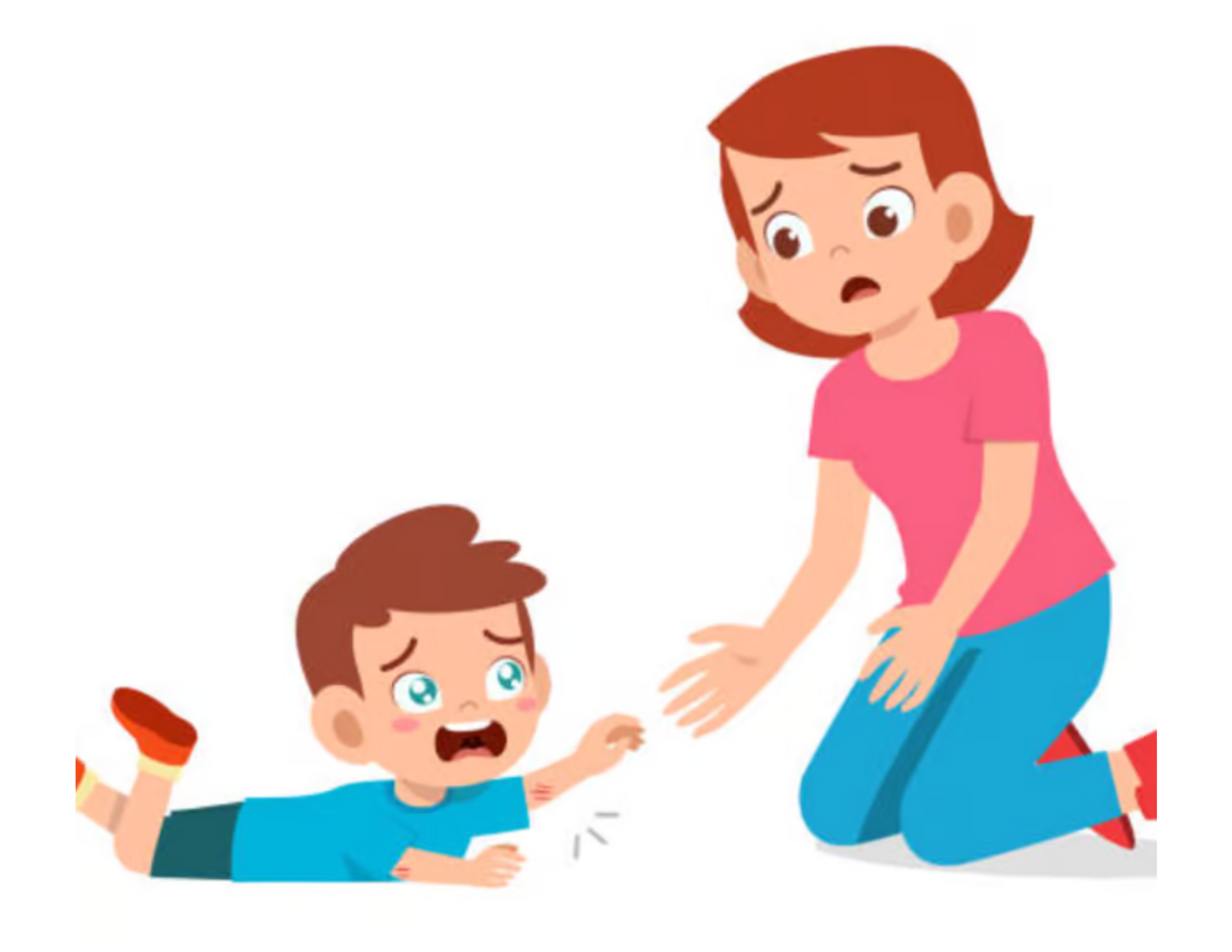
Why do kids throw tantrums?
Disturbed sleep – If your kid’s sleep is disturbed or intervened due to some reason, or if your kid has not gotten sufficient rest during the day, it might lead to tantrums and irritability. As they feel challenged enough to deliver that message, it would come to light through their anger, annoyance, or sullen mood.
Hunger or half-filled stomach – If sleep is vital, food is important too to keep them in a better mood. You might have observed the tantrums are at their lowest when your kid’s tummy is full. Eating healthy food improves their mood and overall emotional health.
Change of plans – A change in the day’s schedule or order of the day leads skyrockets tantrums in kids. Their brain is not fully developed to understand the changing patterns and they are quite used to following a certain code or a timetable. Accommodating tasks and changing the schedule last minute throws them in shock and results in emotional outbursts.
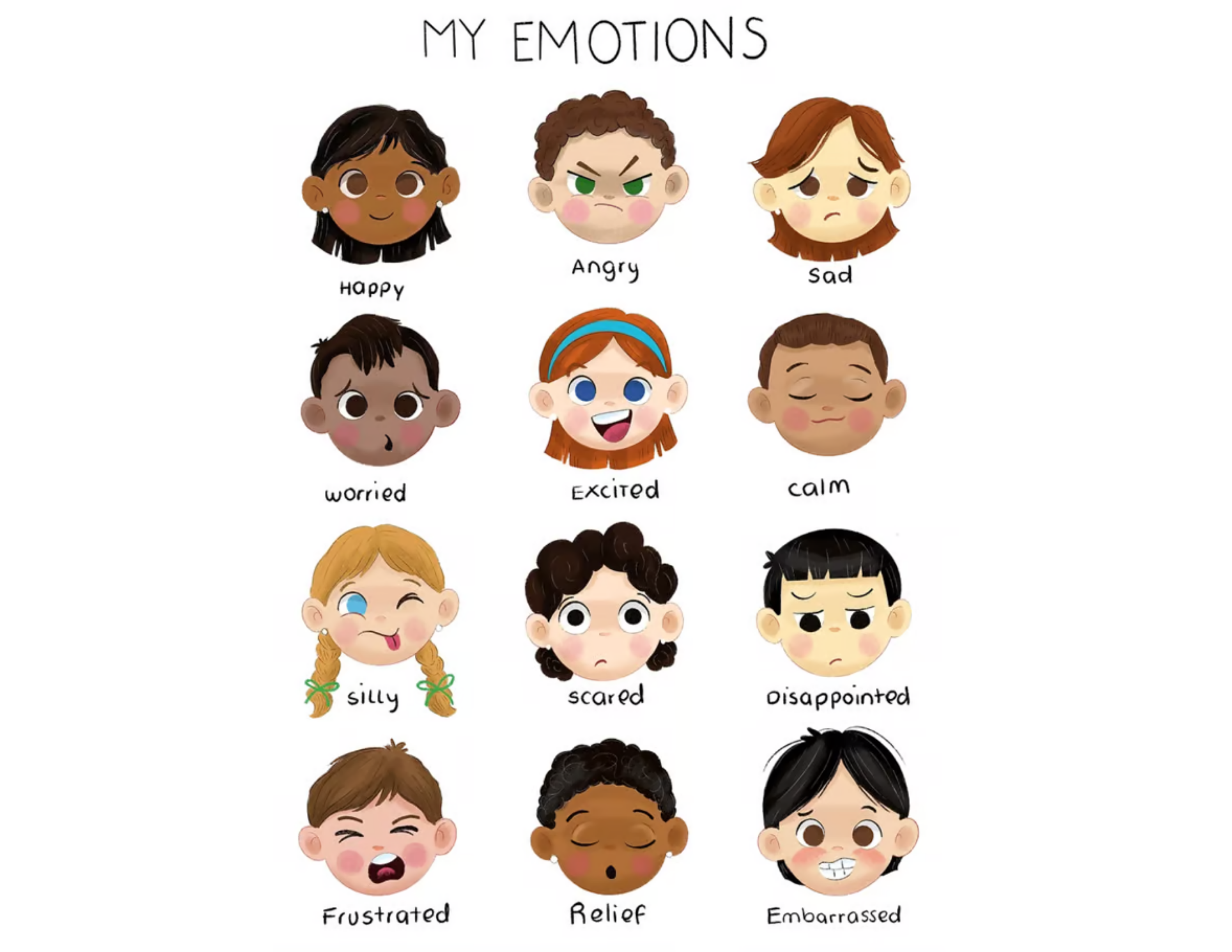
How to react to tantrums and help your kids learn emotional regulation?
Embrace calm, do not overreact – The peak of a tantrum attains at 10 minutes. Post which it starts descending and fading. Kids’ brains get tired. In this 10-minute space, kids sense your reaction. They mirror you all the time and feel your body language. The point is, do not overreact. Have a sense of calm or exhibit calm through your face. Your kid will take in the vibe that you are exuding. On the contrary, if you fly into a tempestuous rage or reprimand mode, your kid will mirror the same which will just add more turmoil to the already fuming situation. Also, they try to think their throwing tantrum has achieved whatever they were set to achieve. Enroll yourself in a physical training program like Zumba or yoga to embrace positive and peaceful mental health.
Use bodily cues – Kinesthetic inputs like hugging and touching goes a long way to mellow a kid. Hug them and make them secure. Or gently press their body. Connecting through a hug sends out a positive signal from you to your kid.
The positive talk goes a long way – Watch out for your language moms. In the heat of the moment, parents tend to use unpleasant words. It is human nature to do so but throwing unsavory words at your child won’t help the situation. Get to the floor, hug, and speak out a few nice words in their ears. Positive affirmations add magic to the ensuing tantrums and nip them in the bud.
Do not overexplain or moral lecture – Your toddler is not in a position to understand your jargon or philosophy. Don’t get into the overexplaining mode as it is not going to work. When the tantrum is at a peak, kids are not in a rational plane. Talk less, act more, attending their body cues, is your go-to mantra for handling tantrums.
Do not trivialize their emotions – Dismissing their feelings is not an answer to tantrums. Instead, be all ears, hear them out and show empathy for their feelings. Dismissing means disregarding which springs toxicity, resulting in more frustration in them. Responding or keeping the communication on opens a window to their turbulent heart.
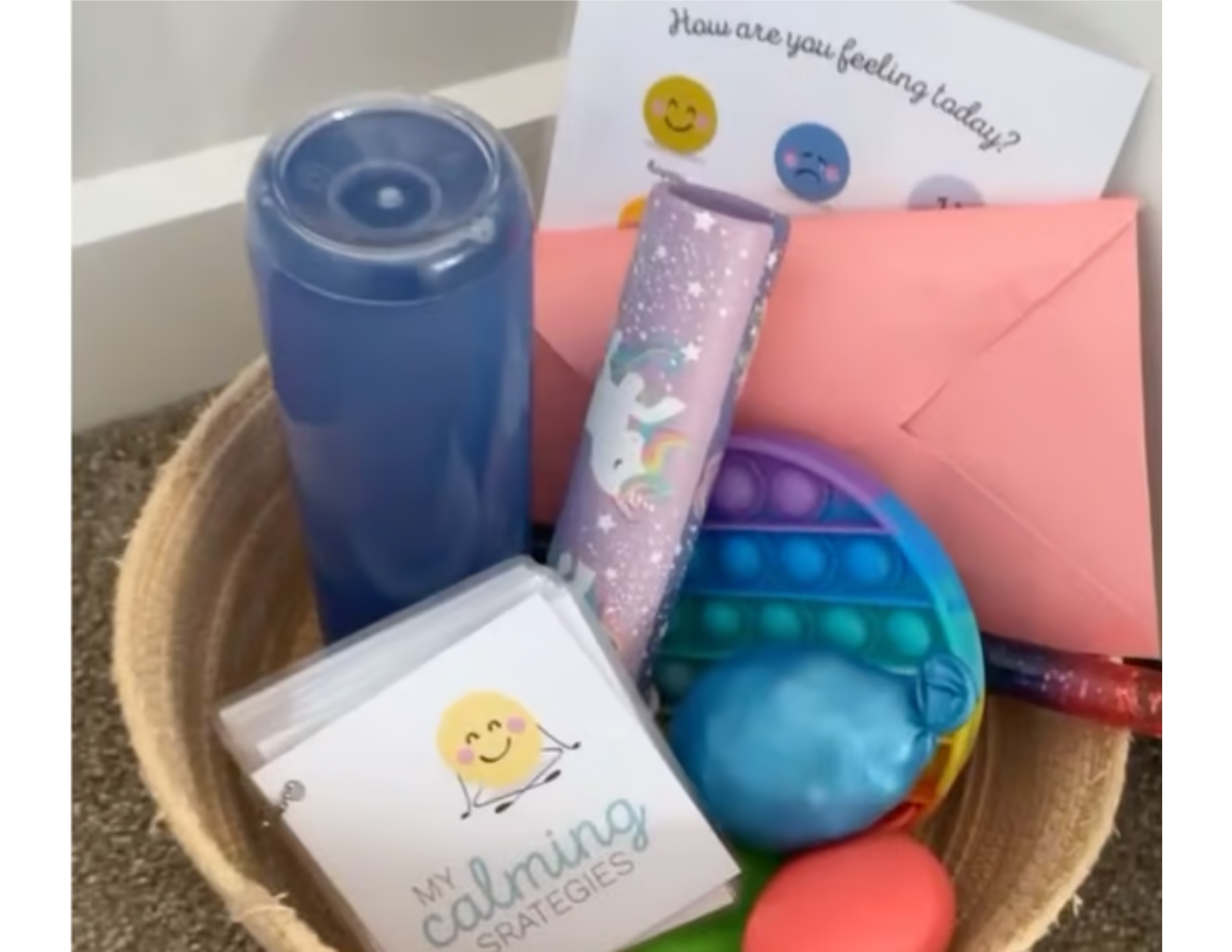
Stock up on squishy balls – Have you used squishy balls? They are manna from heaven. Give a squishy ball and ask your kid to squish it to form different shapes. Soon your kid will forget about the tantrum and will be in a happy mood.
Draw and express – Do not keep on asking them why are you crying or silence their feelings with a hush. Focus more on expressing than repressing. Now, when kids are not able to express themselves through words, give them a pencil and a piece of paper. Ask them to draw and express how they are feeling. Most of the kids enjoy drawing out their feelings. Toddler tantrums are followed by crying, which becomes cumbersome for parents. Parents are left in the lurch as they are not able to understand what is the reason for the loud cry. This activity will increase their vocabulary and creative skills. Also, it makes them more emotionally aware.
Sensory stimulus - is an important part of handling toddlers’ emotions. Your kids’ senses are very active when they cry or get irritated over some issue. Their sense of sight, smell, touch, hearing, and taste are activated. When this happens, soothing their activated senses or satisfying their sensory demands is essential to get them in a rational plane.
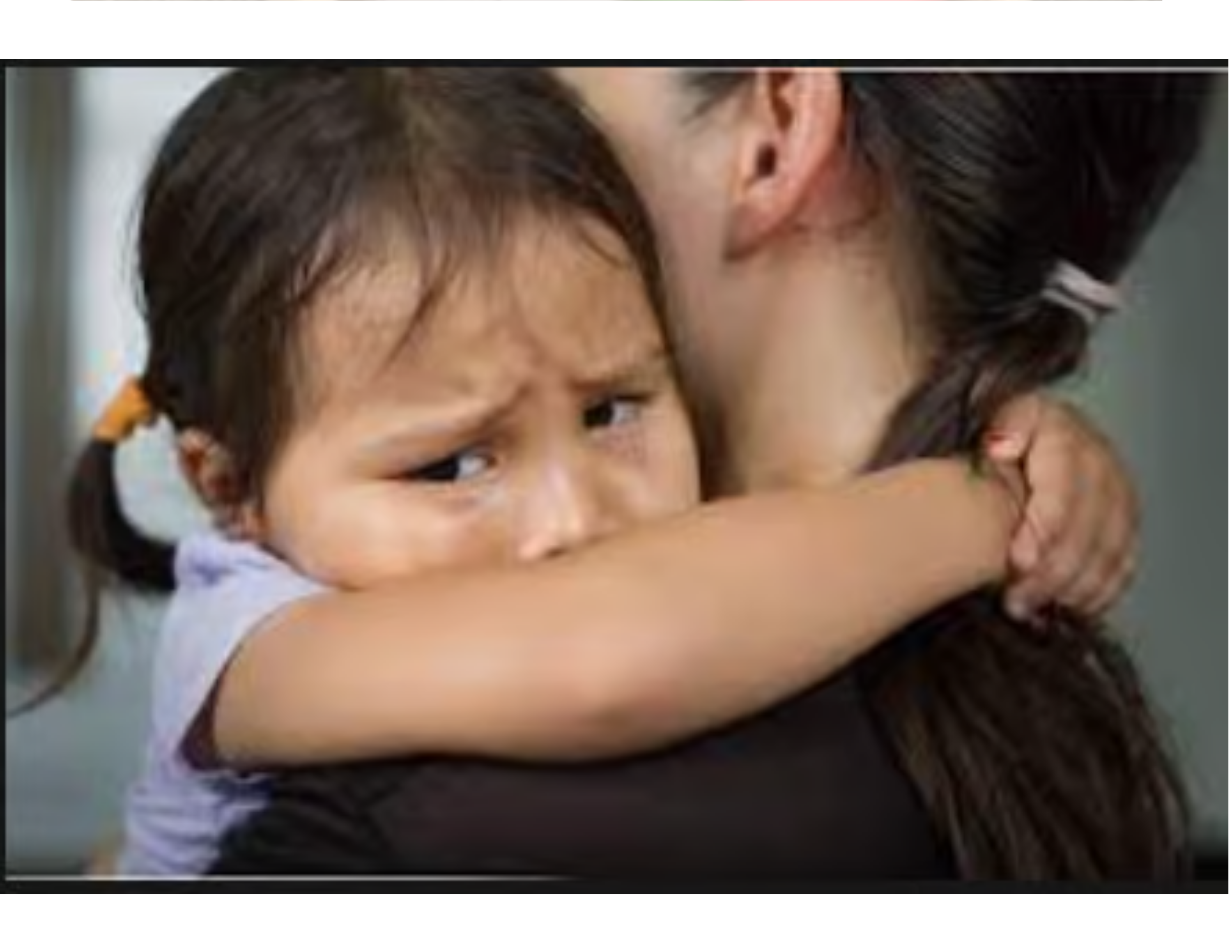
Gentle music – Play gentle music to quieten the ebb and flow of thoughts. Choose soft instrumental music to play during the tantrum hours. Kids might not come down from 100 to 0 immediately but music will help them gain a sense of equilibrium.
Fresh flowers or candles – Like music helps to satisfy the hearing sense, fresh flowers or fragrant candles satisfy the sense of smell. A fresh flowery aroma breathed in the time of conflict lessens temper tantrums, gradually turning them into a new leaf.
Sip a drink – Tantrums reflect in many ways. Some kids express themselves through broken phrases, some kids cry, wail, and scream, and some kick, bite and hold their breath. When the latter happens, keep something in handy like fruit juices, fresh lime water, or whatever food/drink your kid is attracted to. This is a quick technique to trap their anger and melt their overwhelming feelings into oblivion.
FAQs related to toddler tantrums

How to react if a kid throws tantrum in a public space?
Dealing with tantrums outside in a public space could be very challenging. Meltdowns can happen anywhere like a marketplace, shopping malls, family functions or movie halls, etc. Kids throw tantrums in public places because they get overwhelmed by the noise and crowd. They are inundated by too much visual stimulus or most probably, they seek attention as they feel they are ignored by you. Train their mind before reaching the venue. Tell them how it is going to be or show them a picture of the place you are going to. If the tantrums are unmanageable, remove them from the situation. Take them to a quiet place and talk to them. Tell them that “Mumma is here with you. I understand how you are feeling”. Take the help of screen time and hand them your phone. This will stop the tantrum instantly. What also works best is to redirect them or distract them. If you are at a shopping mall or grocery shop, give them something to hold like your purse or money, and give them the agency to pay the shopkeeper. This will make them important and soon the tantrums will evaporate in thin air. Further, giving them choices to select between two options will divert them.

How to identify a serious tantrum?
Not all tantrums are treated to be normal. Some might require medical intervention. If your kid is not able to convey through words or actions and keeps on crying, then you need to bring it to notice to your doctor. If your kid is having speech issues like stammering or stuttering, he might show his emotions through kicking and biting. Pick the kid and roll them gently on the floor. Ask him to draw and express what he wants to convey. You also join in the activity like drawing a stick figure or emotion faces chart. Let him color code the emojis like pink for a happy face, red for anger, etc. This would boost his emotional development.
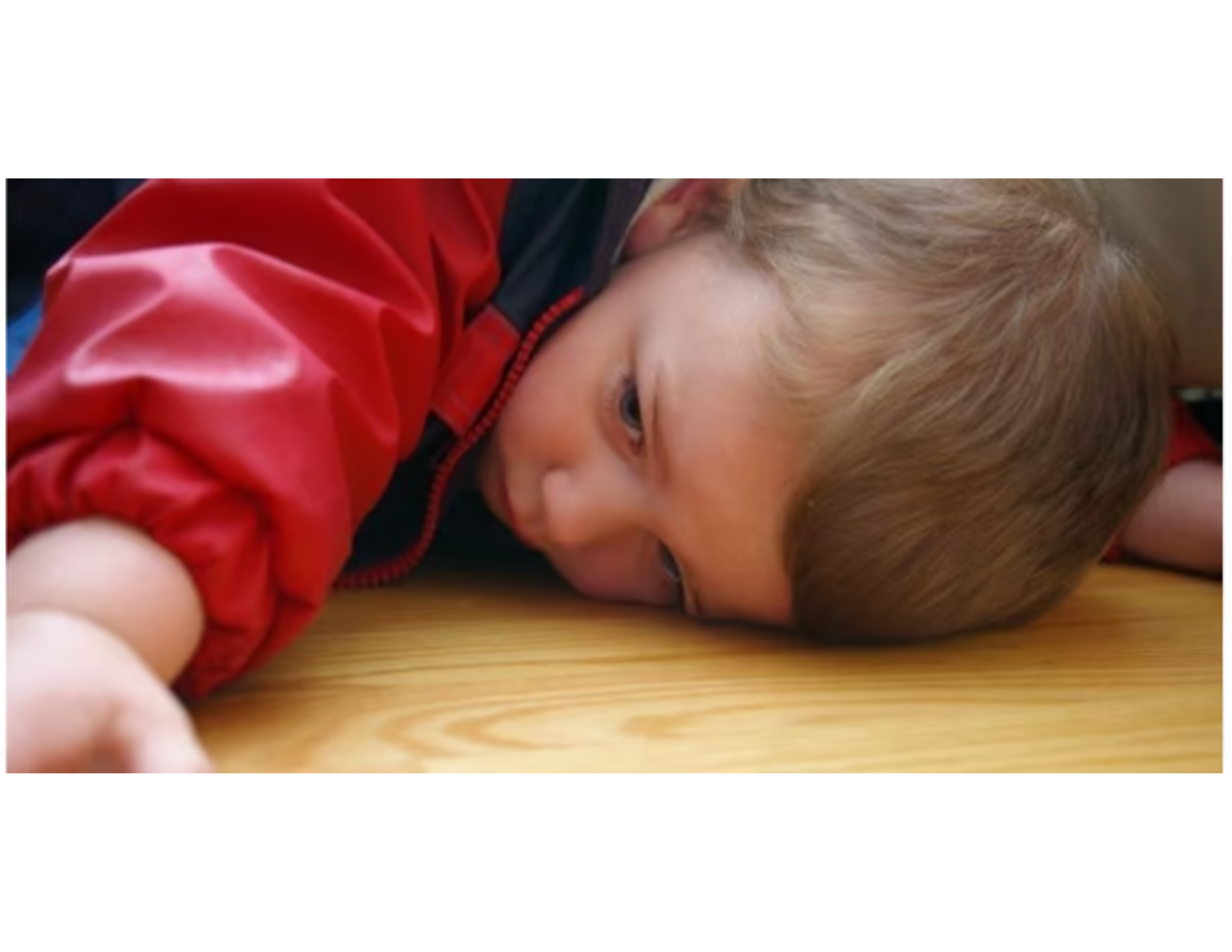
How to handle when a family interrupts?
In a joint family setup, everyone joins in when kids have meltdowns. Adult egos clash and power struggles ensue. All these will unnecessarily fuel up the fire. Researchers suggest not arguing in front of kids. Instead, sit and talk to the family members separately when your kid is out of earshot. Get your partner on the same page. Through the help of your partner, approach other members and try to make them understand that scolding or forbidding them from something is for your kid’s benefit or the child’s wellbeing. You are just condemning their behavior.
We hear you - Parenthood is mainly about handling kids with a strong focus on kids’ mental health. With the help of an expert, you can find a way to navigate through your kid’s emotions and help in their emotional development. Momly, your very own mom community, has taken initiative to bring such experts to brew conversations around child emotional health and recognize the causes behind the meltdowns. Join the Momly WhatsApp community and Momly app to erase parent problems, get advice on child wellbeing, and be associated with mental health experts on a regular basis.This World mental health day, download the Momly app and get in touch with mental health experts who are there to listen, support, and offer valuable advice on motherhood, parenting, and general anxiety issues.



